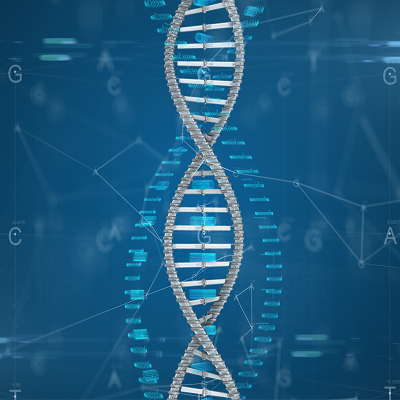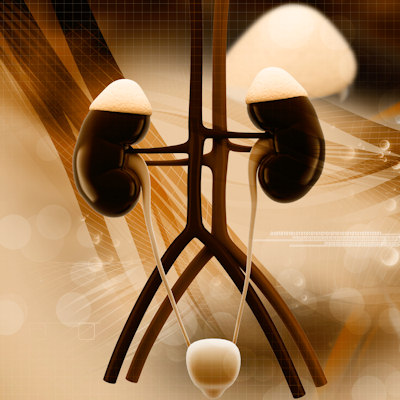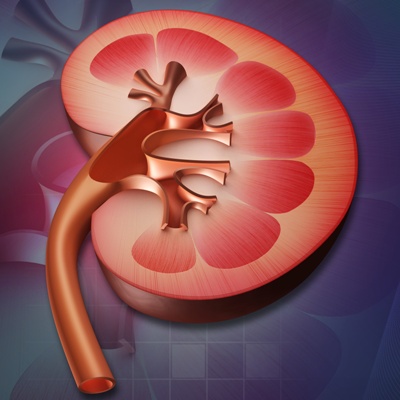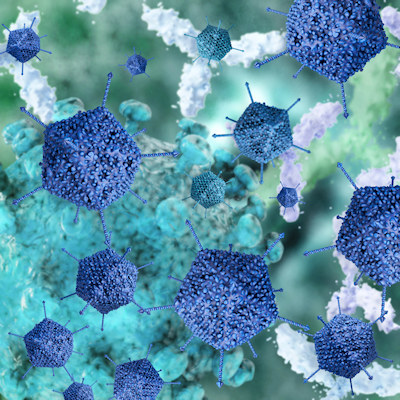April 5, 2023 -- Researchers have found that a small piece of a specific protein might be key to preventing autosomal dominant polycystic kidney disease. Their study, published March 30 in Nature Communications, could lead to new gene therapies for treating the disease, the researcher said.
Autosomal dominant polycystic kidney disease (ADPKD) is the most common potentially lethal genetic disorder. It affects around one in 1,000 people; about a half million people in the U.S. suffer from this incurable condition.
Over the course of decades, affected kidney nephrons develop into large, fluid-filled cysts that grow in number and size, compressing and degrading the functional portions of the kidney. Around half of all ADPKD patients experience renal failure, requiring dialysis or a kidney transplant. In addition, if one parent is a carrier, half of their children are likely to be affected.
Previous research showed that mutations in the PKD1 gene, which encodes the polycystin-1 (PC1) protein, cause 80% of ADPKD cases. Researchers recently found that removing the PC1 protein in mice caused their kidneys to become enlarged. Once the protein was re-expressed, the kidneys returned to normal. However, at 4,300 amino acids long, this protein was too large for gene delivery.
The researchers conducting the Nature Communications study sought to bring ADPKD gene therapy down to a manageable scale.
Viral vectors may serve as "Trojan horses" that deliver genes of interest into desired cells during gene therapy. But these viruses only have a certain amount of room within them -- not enough for the entire PC1 protein. However, the researchers found that a 200 amino acid-long piece from the tail end of the protein would fit nicely within a viral vector.
The team genetically induced ADPKD in mice by creating mutations in their genomes; as a result, the mice developed cysts. The team then turned on the expression of the protein fragment and found that even this tiny fragment of the PC1 protein, once expressed, significantly reduced the size of the cysts and suppressed the disease in the mice.
In an effort to find out why this protein fragment was sufficient on its own, the researchers used an antibody to isolate the protein through immunoprecipitation. They then used mass spectrometry to identify a mitochondrial protein called nicotinamide nucleotide transhydrogenase that interacted with the PC1 fragment. This represented a new biological finding about the protein's function.
The team plans to continue using the 200 amino-acid piece to pursue gene therapy in mice. Their work provides insights into the underlying mechanisms for polycystic kidney disease and could lead to opportunities to develop a new class of therapeutics that may someday benefit polycystic kidney disease patients.
Copyright © 2023 scienceboard.net











